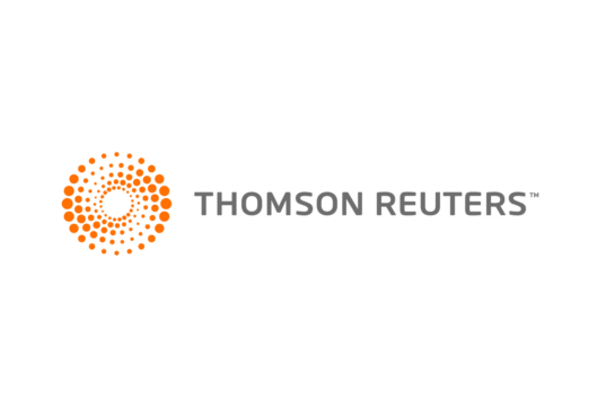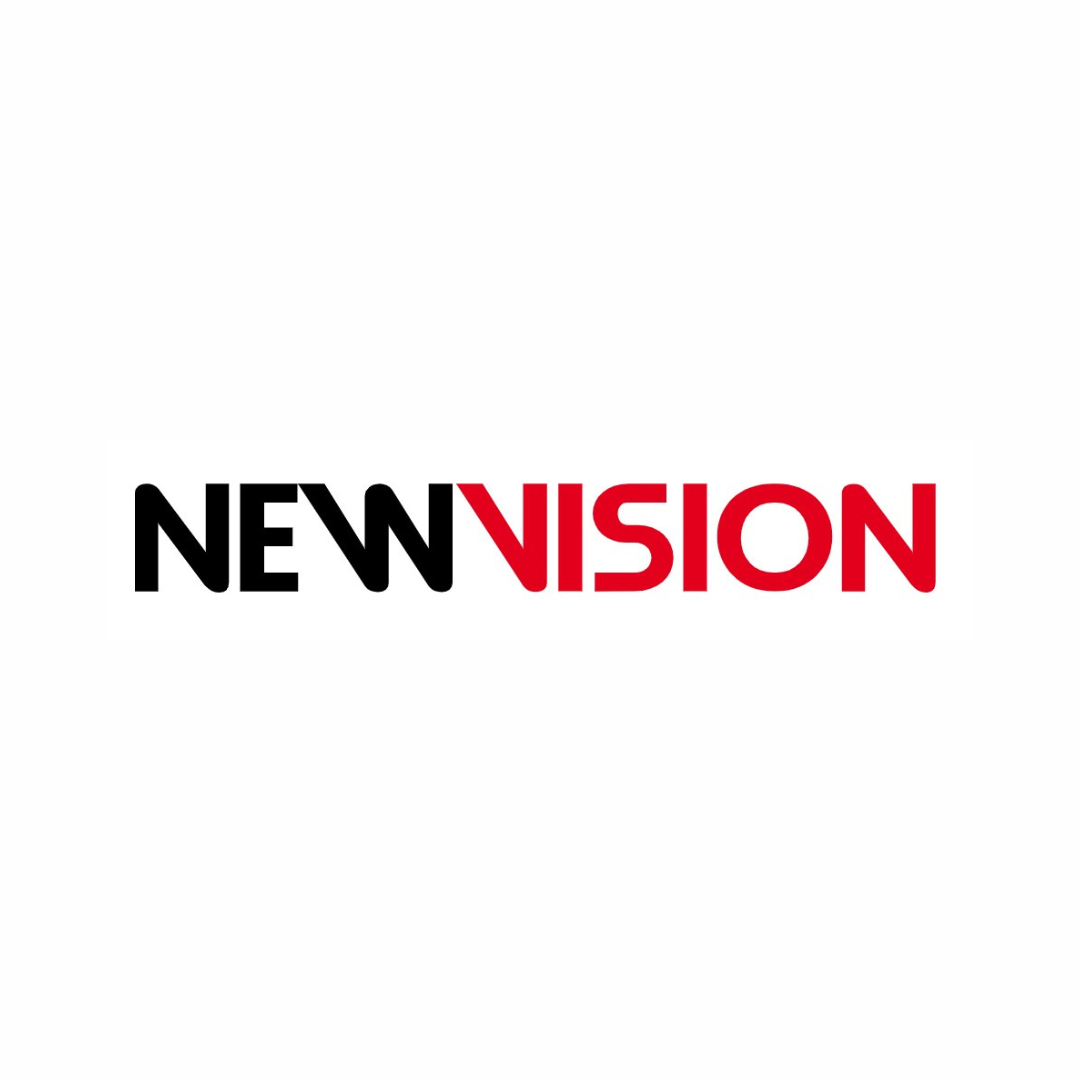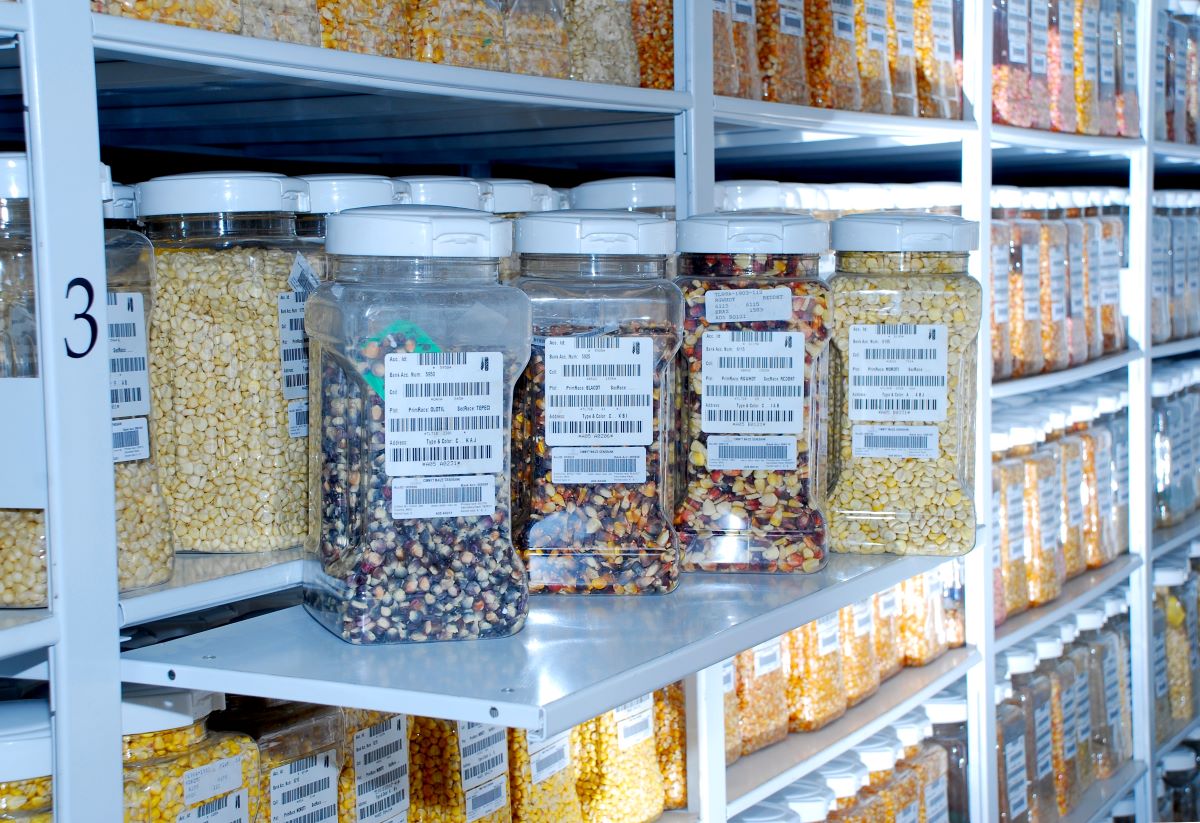Drawing examples from her work and life, Louise Fresco, a recognized global leader in food and agriculture science, shared the need for diligence, commitment, understanding the bigger cause, and pushing boundaries for women to succeed in their careers. She is optimistic about the progress of women’s roles in fields such as food agriculture, science, and equity.
The eleventh speaker in the CIMMYT-hosted online seminar series — Catalysts of Change: Women Leaders in Science — was Louise Fresco. Louise is a former UN director, an advocate for scientific research and innovation, a contributor to think tanks, and an advisor to academies in Europe and the United States.
CIMMYT Director General Bram Govaerts opened the session by introducing Louise as “a leader of change, a visionary, a renowned speaker, and thought leader.” Rahel Assefa, CIMMYT Regional Project Manager–Africa, moderated the session.
The ABCs of a Career
Louise recounted the beginnings of her career with the United Nations in Papua New Guinea, at a time when communication relied heavily on handwritten letters. Correspondence with her mother could take up to three months, and she often relied on a two-way radio for work-related communication. She recalled a particular incident when her radio was struck by lightning, leaving her without any means to connect with the outside world. “The transformation brought about by technology since those days has motivated me to push forward, and there is still so much to accomplish,” she said.
Louise shared a few keywords that have helped her interpret the world around her and work toward greater goals. The first is assiduous. “Working hard comes at a price. Balancing your private life and what you want to do at work is important and not easy—so ask for advice when needed. Don’t be shy. Be diligent,” she said.
“Second, think about the big picture,” she continued. “Think about where you want to go.” She also reminded the audience that having the big picture doesn’t mean being naive or believing everything will resolve by itself; rather, it implies knowing where one is standing and where one wants to go. She gave an example of how 20 years ago, genetic modification was a controversial subject and how she believed that “if we do the right science, even if nobody sees it, I will continue to talk about it and try to promote good work in this field.”
The third aspect is commitment. “Committing to work and also to partners, because you can’t do it alone,” she told the audience, adding, “In life, coincidence plays a role—you can’t plan many things, but once there is an opportunity, don’t be afraid to seize it.”
Women in the Workplace
Louise shared her experience working at the male-dominated Wageningen University, where she was the second woman to be appointed professor. She encountered various challenges but focused on collaborating with colleagues across different departments to establish her credibility. She summed up her approach: “Be brave. Be assiduous. Be committed. Find your partnerships. Don’t be afraid to ask.”
When asked about the impact of being a woman in the workplace, Louise reflected, “There were few women in our times, and that was an advantage and a disadvantage—advantage because people would remember me, a disadvantage because they would always think I would serve the coffee and type up the minutes. The trick is to find the balance and not to get upset when people treat you like a secretary.”
“Times are different today. You are lucky to live in a time when it is acceptable to be a woman in science, outreach, or agriculture, as you have the strength of numbers and supportive men who want to see qualified women making strides forward,” she added.
She recounted how, at FAO, she had 16 leadership positions reporting to her—and not one was a woman. She tried to recruit several women for the positions but faced challenges. “The lesson learned is that we must focus on hiring and promoting women at all levels, not just in senior roles.”
Louise stressed the importance of fostering the right mindset from primary school onward. “By the time students reach university, they should understand their potential roles regardless of gender, recognizing that there is no inherent difference in the capabilities of girls and boys. This approach can help cultivate a more inclusive and supportive environment.”
Travel Changes Worldview
Traveling plays a crucial role in personal development and cultural understanding, according to Louise. “Get out of your comfort zone. Go to countries where things are difficult.”
Drawing from her own experience, she recounted living in Africa for eight years without access to running water or electricity. “This experience was enriching from a personal perspective, as it allowed me to understand what it is like to cook meals without electricity or gas. I realized how African women spend hours getting essentials such as water, firewood, and food,” she said. In Asia, she experienced the hardships of working in rice fields barefoot, exposing herself to parasitic diseases. “It helped me understand how women bend over 10,000 times per hectare to plant rice seedlings.” These experiences have profoundly influenced her perspective, reinforcing the importance of the scientists and extension workers in bringing scientific knowledge to these communities to enhance their quality of life.
Continuous Learning for Women in Career
Louise emphasized the need for continuous learning to enhance personal growth. “Take note of things you’ve noticed during the day—things you’ve learned or seen around. Get a reflective diary,” she recommended, also encouraging reading and engaging in art forms. “Read about people different from you—other lives, other periods, other classes,” she said, sharing how she always reads books by authors of the place she is traveling to. Additionally, she highlighted that attending art events with colleagues can strengthen relationships, encourage discussions beyond work, and offer a unique perspective for women.
Role Models and Mentorship
Regarding mentorship, Louise pointed out that while she has never had a mentor herself, she actively advocates for mentorship opportunities for women. “Young men also need mentors. We can’t just emancipate women if we don’t emancipate men too,” she said.
Louise explained how women can balance career growth with personal life—either by specializing in a niche field and always being in demand, or by having children early on and then moving into a career full-fledged. She also suggested creating a network of women to help with childcare.
Louise concluded by sharing how she is extremely optimistic about the progress of women’s roles in food, agriculture, science, and equity. “I’m optimistic because so many women are so resilient and willing to work and discover things,” she said.
Listen to the full edition here — Women Leaders in Science: Louise Fresco.

 Climate adaptation and mitigation
Climate adaptation and mitigation 
